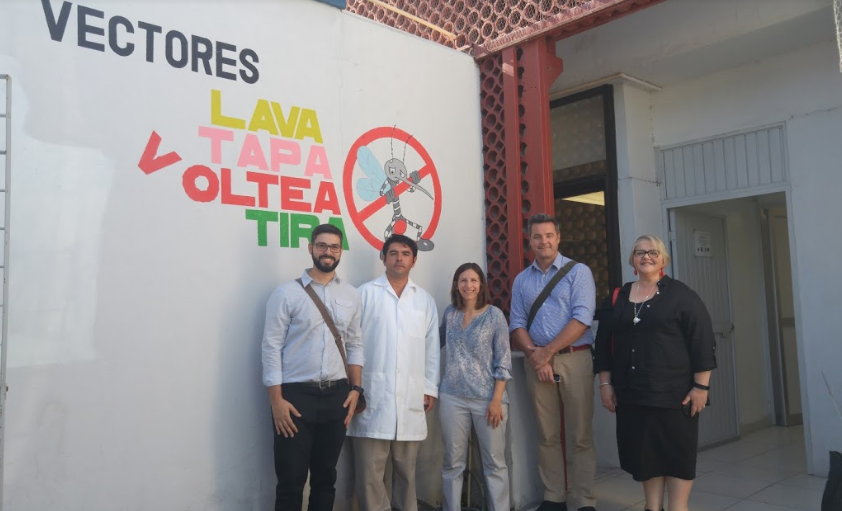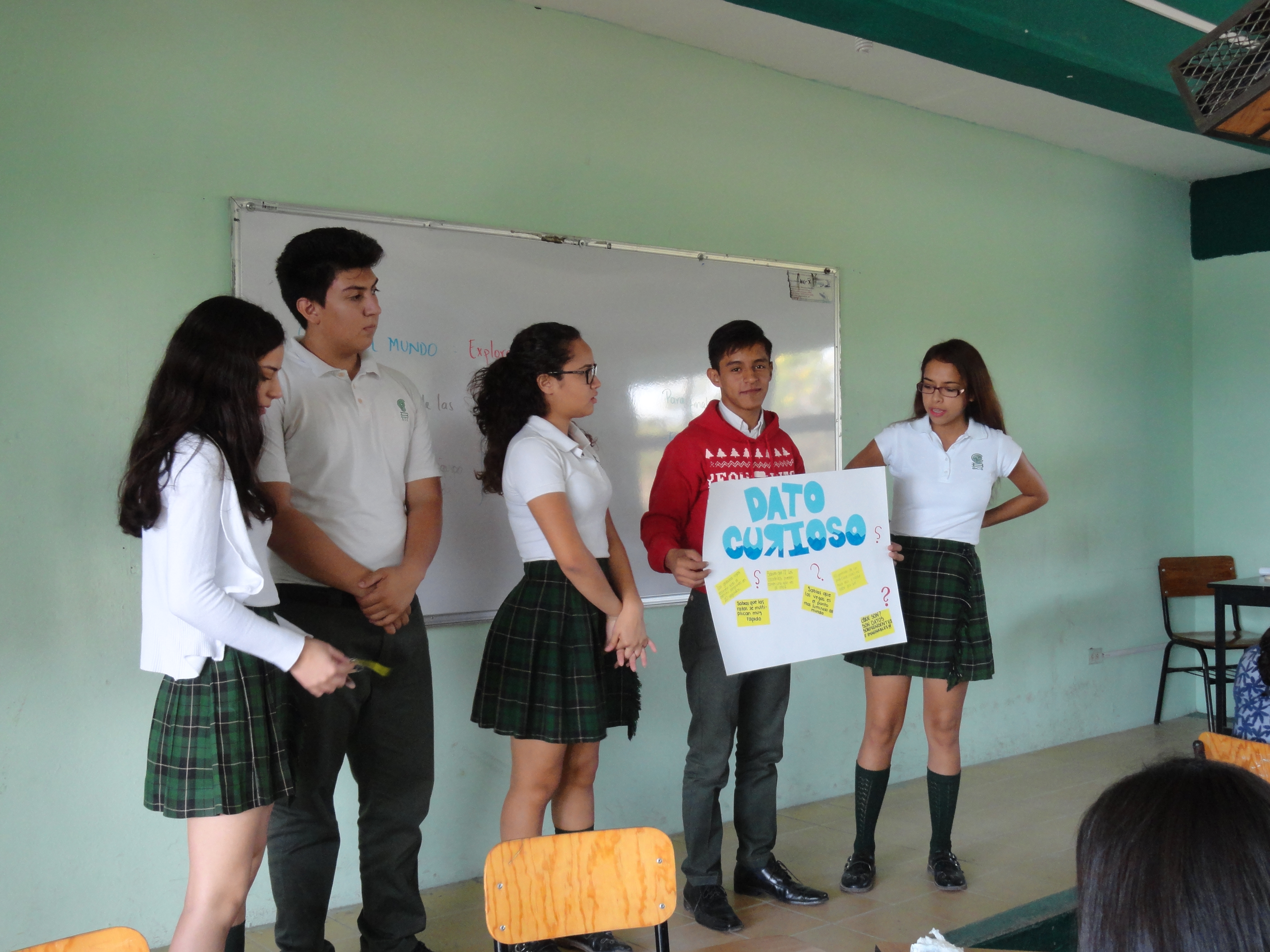

Method to prevent dengue launched in Baja California Sur
Hurricane season in Baja California Sur (Eastern Pacific) officially begins on May 15th and along with the rain come the mosquitos and the threat of dengue and other serious diseases.
Dengue poses a significant health burden to residents and visitors alike in Baja California Sur, Mexico. During 2013 and 2014, the state experienced a dengue epidemic, with up to 4,472 confirmed cases. For that period, La Paz recorded the highest numbers of confirmed cases in Mexico.
Recently a long-lasting method to prevent dengue was launched in Baja California Sur. The World Mosquito Program (WMP), led by Monash University, Australia, in partnership with Baja California Sur health authorities and the federal government, announced in March that the program will be rolled-out to communities in La Paz later this year. With funding from the Candeo Fund of Christy Walton through the International Community Foundation (ICF), La Paz will be the first city in Mexico to implement WMP’s sustainable intervention. This innovative method uses naturally-occurring bacteria called Wolbachia to reduce the ability of mosquitoes to transmit viruses between people. Established in 2011, WMP is currently operating in 11 countries and is set to expand to 20 countries by 2020.
Once mosquitoes with Wolbachia are released in La Paz, they breed with wild mosquitoes until over time the majority of mosquitoes carry Wolbachia, helping to provide the community long-lasting protection from harmful diseases such as dengue, Zika, and chikungunya. This natural and effective intervention has proven safe for humans and the environment. WMP’s Director of Government Relations for the Americas, Dr. Jorge Osorio, said that WMP was delighted to be working with Baja California Sur Health authorities in La Paz. “We are very pleased to be able to roll-out our cost-effective, self-sustaining Wolbachia method to communities in La Paz, which builds on our success in Medellin, Colombia and Brazil’s Rio de Janeiro to reduce the threat and impact of mosquito-borne virus outbreaks in Latin America. Our approach strengthens the resilience of communities like La Paz against emerging regional and global health security threats such as the Zika virus,” Osorio said. ICF is proud to be a partner in launching the WMP to help reduce these mosquito-borne healthcare threats in the BCS region. To learn more, contact ICF’s Senior Program Officer, Eliza Brennan at eliza@icfdn.org.
Join Our Mailing List
Stay Connected with ICF
Be the first to get exclusive updates on
what ICF is doing to make a difference!
